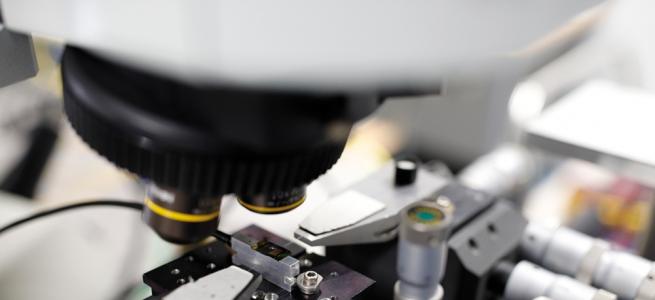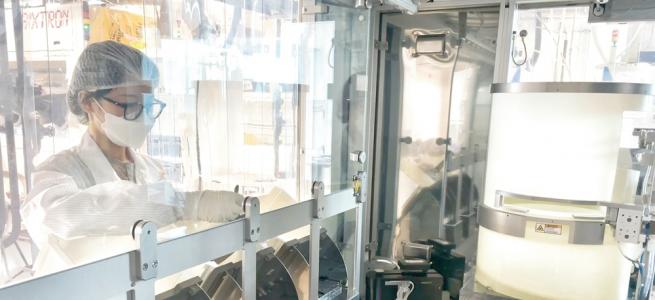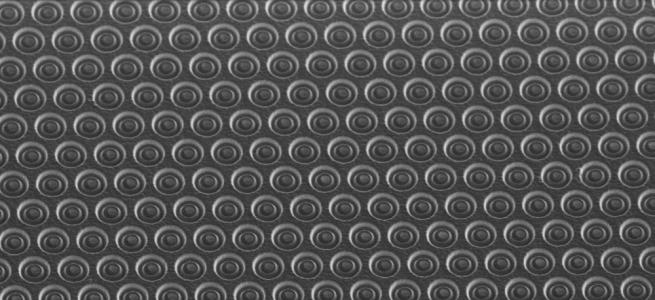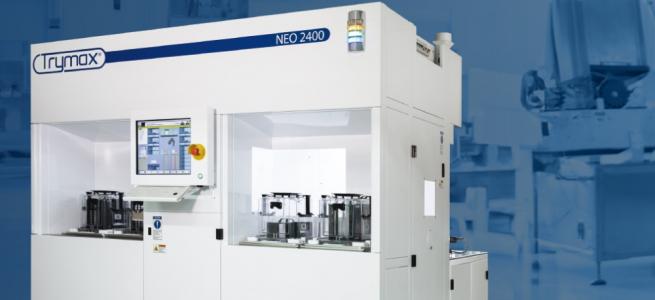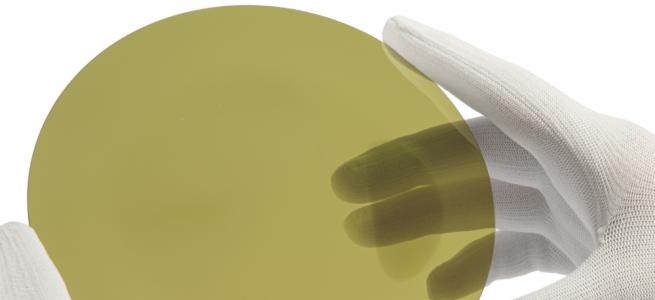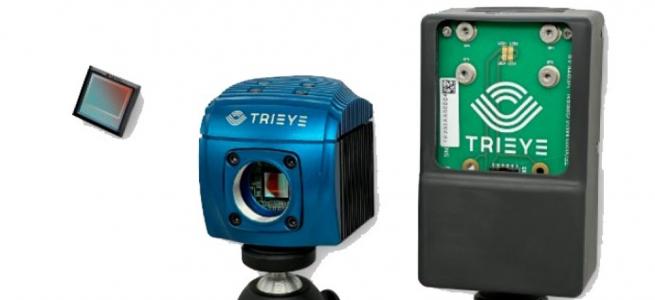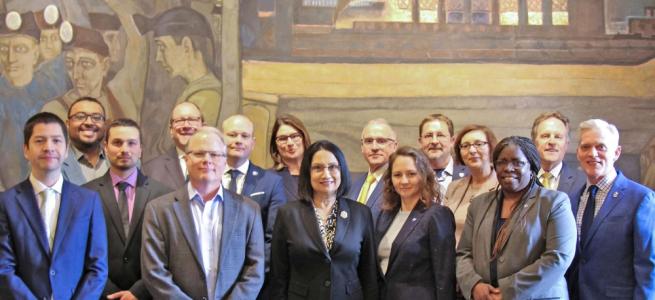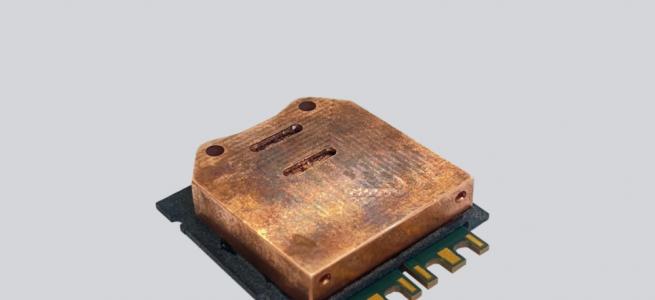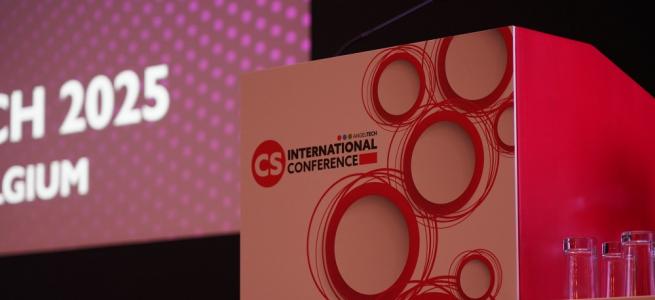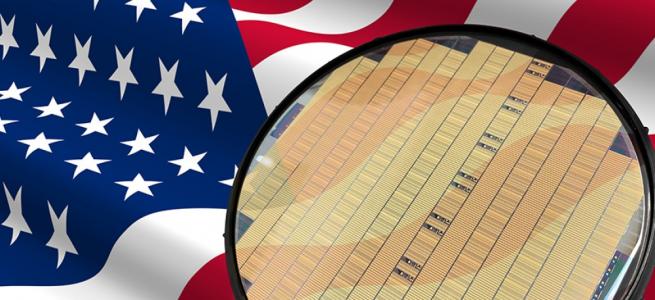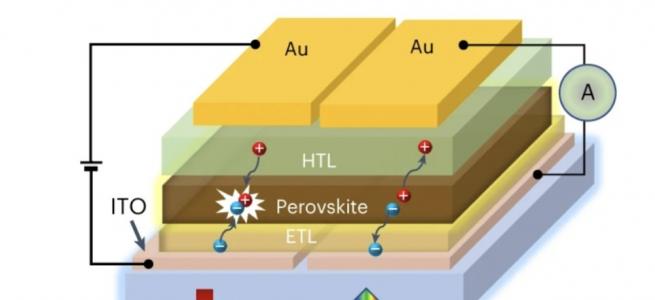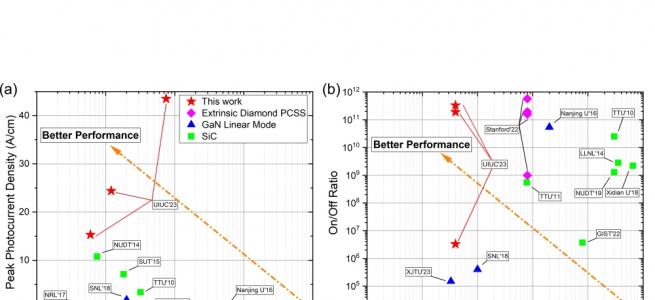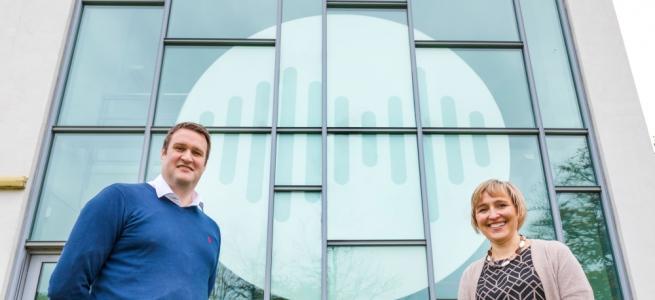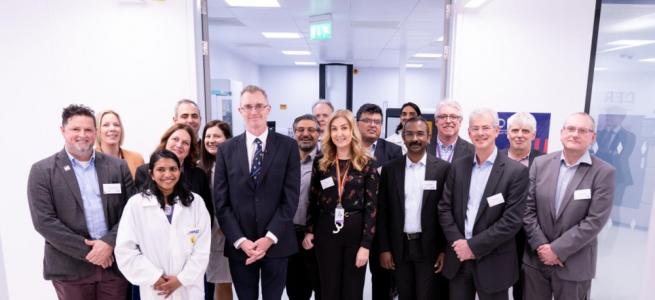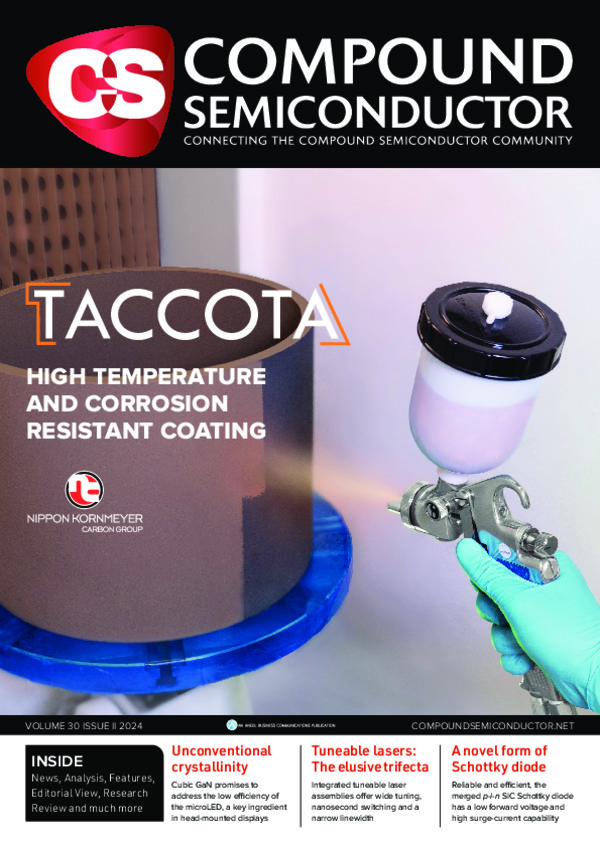
Saving the planet with ultrafast GaN
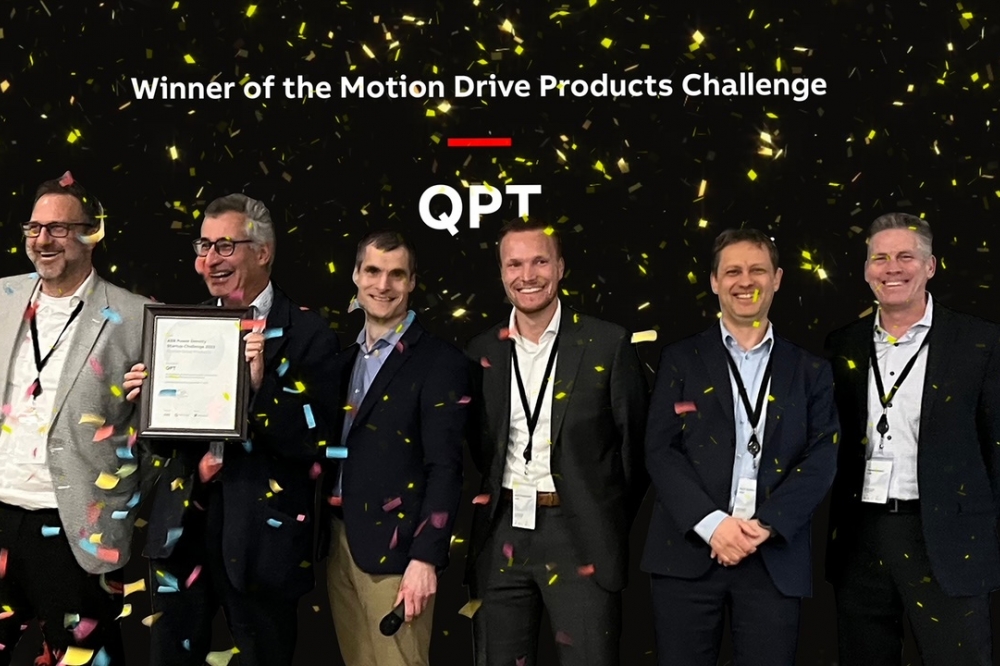
A new CEO at QPT, along with a game-changing award and additional
funding will help to drive the commercialisation of GaN-based power
modules operating at breath-taking speeds.
BY RICHARD STEVENSON, EDITOR, CS MAGAZINE
2024 is sure to be a pivotal year for QPT, the UK-based developer of compact GaN-based modules operating at revolutionary switching speeds.
In just the last few weeks QPT has appointed its first CEO and netted an award that will provide a springboard to gaining traction in the marketplace. Soon to follow is an imminent round of funding that will help double the size of its engineering team, and ultimately speed the commercialisation of the Cambridge start-up’s miniature modules. These GaN-based modules are said to be smaller and more efficient that those employing silicon and SiC transistors.
QPT’s new CEO, serial entrepreneur and semiconductor industry veteran Rupert Baines, cites many reasons for taking the position. They include the company’s ground-breaking technology, substantial commercial prospects and the opportunity to contribute to a greener planet.
The company’s technology is certainly radical, bringing elements of the RF to the power domain.
“There are engineers who understand gigahertz, and some of them are using GaN transistors, but those tend to be in the milliwatts or a few watts range,” says Baines, who adds: “And you've got people in the power electronics world, who are talking about kilohertz and tens of amps.” Bringing all of this under one roof, modules from QPT use gigahertz signal frequencies while delivering hundreds of amps and kilowatts of power.
Although this marriage has much appeal, it’s not easy to make it work: “That's why we've got so many patents. That's why the engineering is so cool.”
The building of the QPT modules involves uniqueness at many levels, including implementation, the design, the circuit boards and the layout, with success hinging on tight control of design, construction, integration and testing.
“We can’t just send a kit out and licence the design,” argues Baines, who points out that the only practical business model requires the in-house building and selling of modules and sub-assemblies as integrated systems.
QPT is well down the road to commercialising its technology, having produced a robust, early-stage product that satisfies electrical and safety requirements. The next step, says Baines, is to share the modules with customers that will give them “a really good kicking”.
Helping to do just that is the global provider of electrification and automation technologies, ABB. Last year this multi-national ran a competition called the Power Density Start-up Challenge, associated with motor drive products. QPT netted the prize, collecting its award this January.
“We didn't expect to win,” admits Baines. He and his colleagues felt that their radical technology would be seen as too risky and in need of further development. “[ABB] just said: ‘We're looking for disruption, we're looking for new ideas’.”
A joint development and an integration project is now being set up by ABB and QPT that will help drive the commercialisation of the technology. Efforts will include system integration and system-level testing.
Another goal for QPT is to raise investment, beginning with a funding round of over £1 million. That’s small fry for a technology start-up, but QPT is a small team that’s not involved in chip-making. “It's system level integration,” says Baines. “By comparison, it’s relatively cheap”. Some investment will come via Crowdcube, a platform that allows the public to invest.
This additional funding will allow QPT to double its engineering team to around a dozen staff. At this stage, the company is not recruiting sales executives, because it is yet to have a mature product. “We're still at the iterating, optimising, talking to customers, doing a redesign phase,” explains Baines.
During module development, QPT sourced its transistors from GaN Systems. Uncertainty hung over this when Infineon acquired the fabless Canadian chipmaker in the second half of 2023. However, supply has continued, and is going well.
“We've got a very good relationship with Infineon,” remarks Baines. “We like their transistors and they've given us a lot of low-level engineering input – a lot more than you get in a normal data sheet, so we really understand their devices.”
However, that’s not to say that QPT will only ever use one supplier of GaN transistors. “I'm sure we will work with others, for some applications or products,” says Baines.
By partnering with a number of GaN chipmakers and selling modules to many companies, QPT will increase the chances that its technology will be deployed in many applications, including electric heat pumps and cars.
“At the moment, a lot of that is shockingly inefficient,” says Baines, “so this is really important, not just for the industry, but for the planet.”
For the last two years, Rupert Baines has been an advisor to QPT. Over that time he has been getting closer to the company, leading to his participation last year in discussions surrounding fundraising and the growth of the start-up. These conversations led him to take on the role of CEO, which he will start on 1 April after: relinquishing his position as an entrepreneur-in-residence at a VC fund; and ceasing to chair a UK working group, which considers the semiconductor strategy for the UK telecom industry. Baines hopes that his experience as an engineer and product manager will serve him well when CEO. He argues that good decisions involve understanding the issues of the engineers and the demands of the customers, before finding the right balance these competing requirements.



